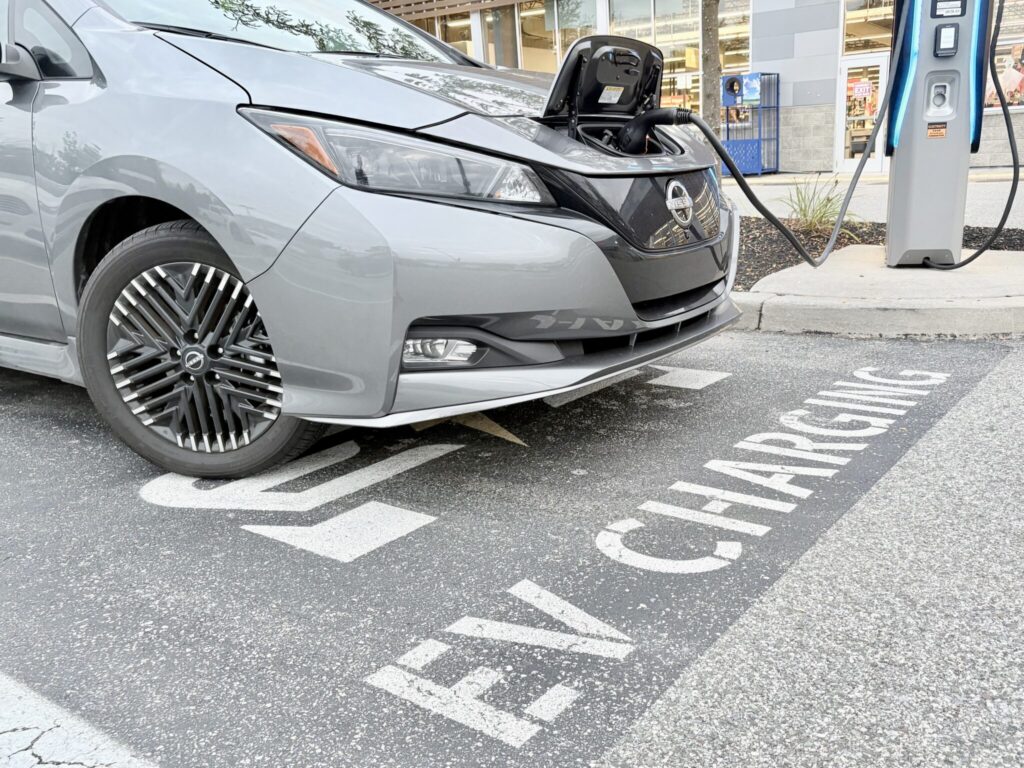Home / Environment / Rhode Island Faces Climate Goal Setback
Rhode Island Faces Climate Goal Setback
26 Nov
Summary
- Federal funding cuts and policy shifts threaten Rhode Island's climate goals.
- The state must accelerate hybrid and electric vehicle adoption by 2030.
- Heat pump installations are crucial for meeting 2050 net-zero emissions.

Rhode Island's path to achieving its 2050 net-zero carbon emissions mandate faces significant challenges due to recent federal policy shifts and funding reductions. Director Terry Gray of the Department of Environmental Management expressed concern that these changes undermine the state's climate planning and could cause widespread disruptions.
The state's draft climate action strategy report highlights the urgent need to accelerate the transition to clean energy, particularly in transportation and home heating. To meet the 2030 benchmark, Rhode Island must nearly triple annual electric vehicle sales to 36,000 by 2030. Similarly, heat pump installations need to increase dramatically, with all homes and businesses requiring them by 2050.
Despite these hurdles, Rhode Island remains committed to its legally binding emission reduction targets. The report emphasizes that decarbonization offers long-term economic benefits, including job creation in green energy sectors, and avoids substantial future costs associated with climate change impacts. Achieving these goals will require a concerted effort from state government, businesses, municipalities, and residents alike.




